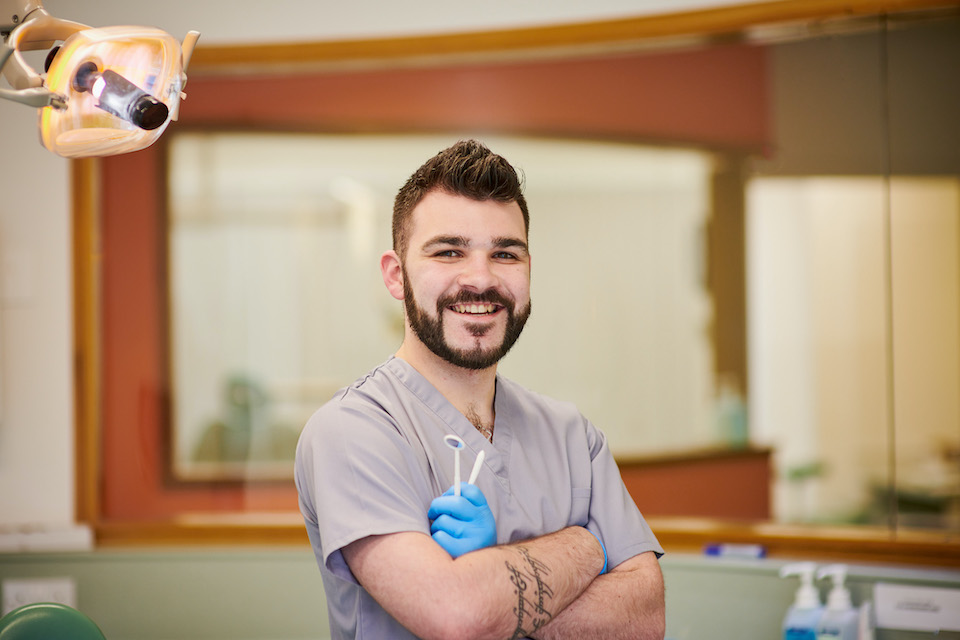‘Are we training too few therapists?’
Time to ask the question as Scotland’s dental schools are urged to reintroduce the training of dental hygienists
In the previous edition of Scottish Dental, my column focused on the role of the therapist post COVID-19. It tied in nicely with an article in the same edition based on Professor Philip Taylor’s Q&A session at the Scottish Dental Association’s summit in March, at which he posed the question: “Are we training to many dentists?”
Possibly.
To support the words of Professor Taylor, dentists and therapists should collaborate with one another to provide the best level of care possible to each patient. Treatment should be prevention-based, therefore suiting the role of the therapist. The therapist is a vital member of the team when dealing with periodontal disease, as Professor Taylor suggested. Therapists are best suited to both treat and prevent periodontal disease, as well as pediatrics and restorative care.
If we can change the attitude surrounding dentists and therapists working alongside each other, patients will receive a higher level of care
Professor Taylor suggested that the dentist would carry out diagnostics, treatment planning and more complex treatments. Whilst this is correct, therapists are trained to diagnose and treatment plan. The GDC scope of practice allows therapists to “diagnose and treatment plan within their competence”. The limitations to direct access prevent the therapist from doing more of this work, therefore direct access should be amended to ensure therapists can carry out their full scope of practice as outlined by the GDC.
Currently there are three undergraduate BDS courses and four BSc Oral Health Science (OHS) courses operating in Scotland. The number of graduates each year from BDS is approximately 150, whereas OHS is approximately 60. Adverts for GDPs continue to rise with some being online for more than 12 months but, therapist’s struggle for positions. Is there still a lack of knowledge regarding the importance of therapists in practice? Should practice owners take a chance on employing a therapist instead of holding out for months for GDPs?
It was interesting to note that at the recent annual conference of the Scottish Local Dental Committees, a motion calling on Scotland’s dental schools to reintroduce the training of dental hygienists was passed unanimously.
If we can change the attitude surrounding dentists and therapists working alongside each other, patients will receive a higher level of care, treatment plans will be completed quicker, working through back logs caused by COVID-19 and waiting times for treatment can be greatly reduced.
Kyle Anderson is the Scottish Representative for the British Association of Dental Therapists (badt.org.uk).
www.linkedin.com/in/kyle-anderson-b40b73131

Comments are closed here.